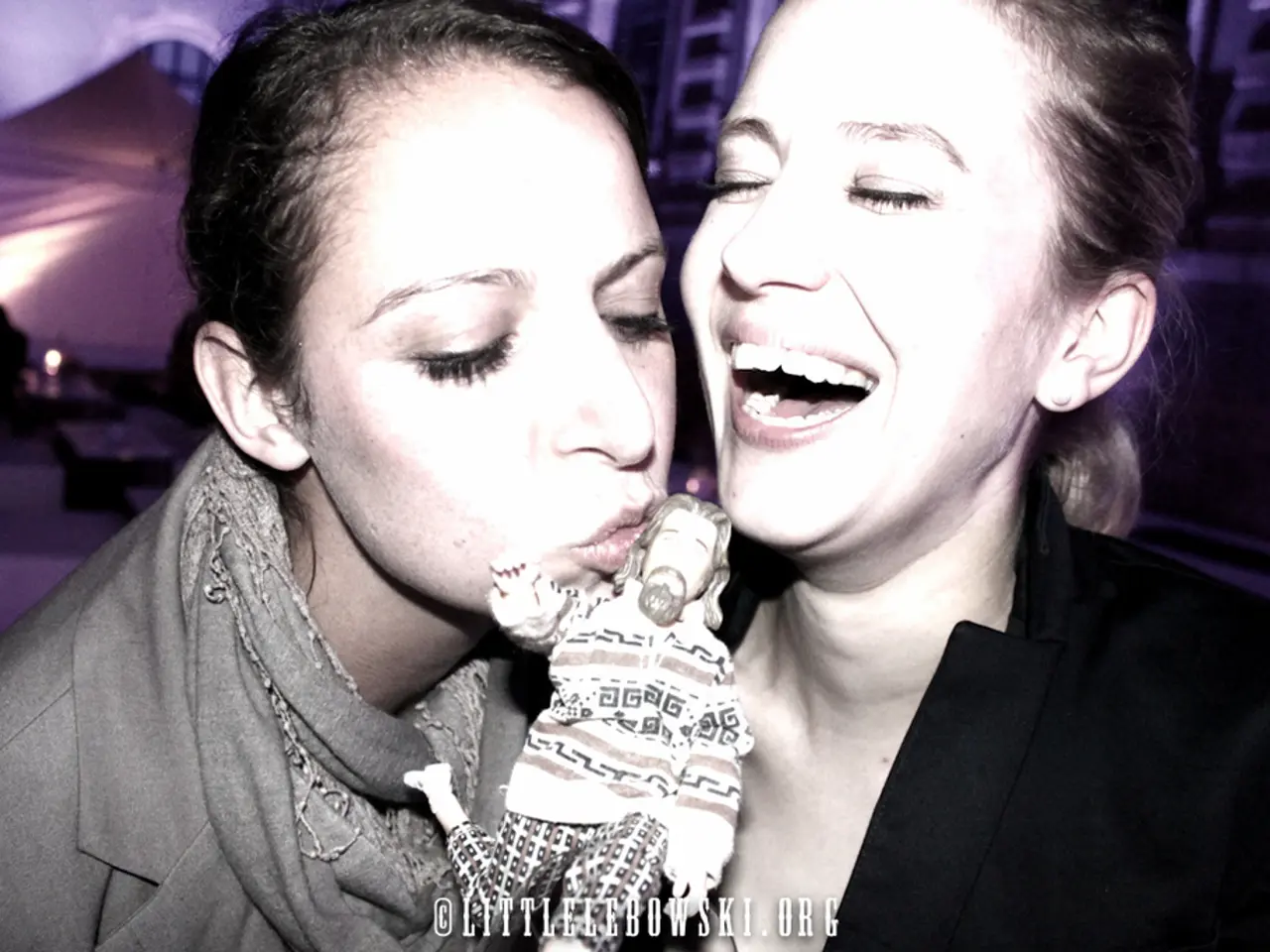Impact of Autism on Romantic Relationships: Guidance for Nurturing a Connection with an Autistic Spouse
In the complex world of romantic relationships, understanding and supporting a partner with autism can present unique challenges. However, with open communication, mutual respect, and a dash of patience, these challenges can be navigated successfully.
Firstly, direct communication is key. Practice being more direct in what you are saying. This can help reduce misunderstandings and build emotional safety. For autistic individuals, who may struggle with understanding unspoken social cues, straightforward language can make all the difference.
Finding a shared interest can also be a powerful bond. Work together to find a new interest that you both can experience for the first time together. This shared experience can provide a common ground and serve as a foundation for your relationship.
Autistic individuals often have a desire for predictability and routine. While this can lead to loyalty and a desire for long-term relationships, it can also clash with a partner who may desire spontaneity. Discussing plans in advance and maintaining some predictability can help reduce anxiety caused by unpredictability.
Difficulty expressing emotions verbally or through conventional social cues is common among some autistic individuals. Understanding this and communicating about schedules and plans, discussing any changes in advance, and recognizing their need to 'decompress' after social events are all important steps in supporting an autistic partner.
Emotional regulation differences can also arise. One partner may need quiet time while the other seeks immediate emotional connection. Recognizing this and communicating difficulties with discussing feelings can help bridge this gap.
Active listening and clarification are essential. Partners should practice attentive listening and ask for clarification to ensure accurate understanding. Visual aids or written communication can sometimes enhance comprehension.
Social skills training and therapy can provide professional support for autistic individuals in developing social and emotional skills. Engaging in therapy with professionals knowledgeable about autism can provide a safe space to unpack misunderstandings and build effective communication strategies.
Compassion and patience are crucial. Recognizing neurodiversity as a difference rather than a deficit helps partners approach challenges with empathy rather than frustration, improving relationship resilience.
Understanding that autistic individuals may have distinctive ways of expressing and experiencing affection is also important. This understanding can lead to realistic expectations and mutual acceptance.
Special interests can be a source of shared joy and connection, but can also lead to problems if the non-autistic partner perceives their autistic partner as prioritizing their special interest over the relationship. Navigating social gatherings together and utilizing each other's strengths can help manage these challenges.
Remember, every individual with autism is unique. Encourage them to be themselves without judgment. Explicitly tell your partner that you love and accept them for who they are. Expressing appreciation for their efforts can also go a long way in building a strong and supportive relationship.
Lastly, be mindful of sensory sensitivities. Learn about your partner's specific sensory triggers and needs. Allow them processing time and give your partner space to think before expecting a response. Recognize and respond to your partner's cues. Discuss with your partner what would help them best when they are having a tough time.
In conclusion, successful support involves structured communication, mutual understanding, flexibility, and professional guidance where appropriate. With patience, empathy, and a willingness to learn, romantic relationships with autistic individuals can be not only rewarding but also deeply fulfilling.
- Learning to be more direct in communication can help reduce misunderstandings with an autistic partner.
- Shared interests can strengthen a relationship with an autistic individual, providing a common ground.
- Autistic individuals may prefer predictable routines, but can also adapt to a partner's need for spontaneity with open dialogue.
- Difficulties in expressing emotions verbally or through social cues are common among some autistic individuals, requiring understanding and adjustments in communication.
- Emotional regulation differences between partners may need to be addressed with patience and active listening.
- Clear and attentive communication, including visual aids or written communication, can enhance comprehension with autistic individuals.
- Social skills training and therapy can provide valuable support for autistic individuals in developing social and emotional skills.
- Compassion, patience, and empathy are crucial in understanding neurodiversity and building emotional resilience in relationships with autistic individuals.
- Understanding unique ways of expressing and experiencing affection can lead to realistic expectations and mutual acceptance.
- Special interests can bring joy and connection, but may also create challenges that require careful navigation and the use of each other's strengths.
- Every autistic individual is unique, so it's important to encourage them to be themselves without judgment, and to express appreciation for their efforts. Sensory sensitivities should also be considered and accommodated to support a healthy and fulfilling relationship.




